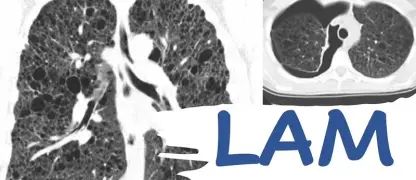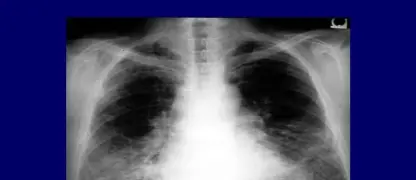While a challenging diagnosis, the outlook for individuals with cystic fibrosis has never been more hopeful. Understanding this genetic condition is the first step toward accessing advanced treatments and support from organizations like the CF Foundation.
What are the main causes of Cystic Fibrosis?
- Cystic fibrosis is a genetic disease caused by mutations in the cystic fibrosis transmembrane conductance regulator (CFTR) gene.
- You get cystic fibrosis when you inherit two copies of the faulty gene—one from each parent, who are typically unknowing carriers.
- This faulty gene disrupts the normal movement of salt and water in and out of cells, creating thick, sticky mucus throughout the body.
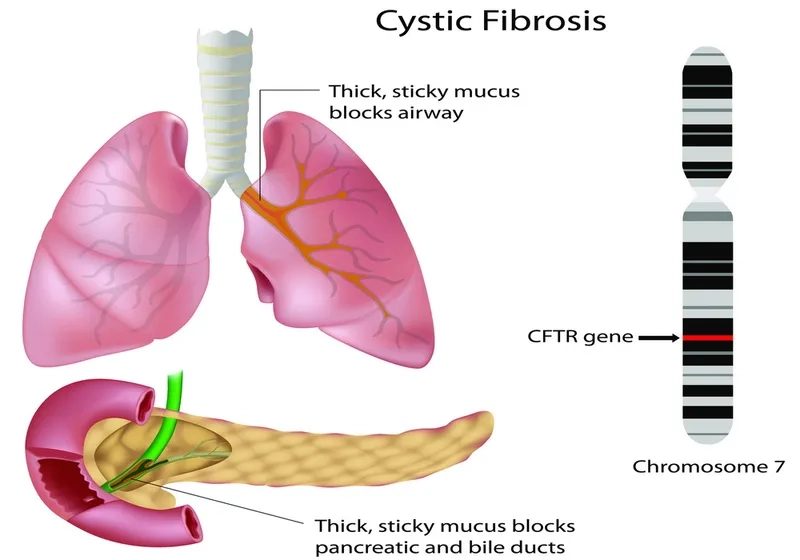
Key symptoms of Cystic Fibrosis to watch for
- Common respiratory symptoms include a persistent cough that produces thick mucus, wheezing, shortness of breath, and frequent lung infections like bronchitis.
- Digestive issues are also prevalent, such as poor weight gain and growth despite a good appetite, and frequent, greasy, bulky stools.
- Key signs of cystic fibrosis in babies include very salty-tasting skin, which is a hallmark symptom, and failure to pass their first stool.
How is Cystic Fibrosis Diagnosed and Managed?
- The primary cystic fibrosis diagnosis method is the sweat test for cystic fibrosis, which measures the amount of salt in a person's sweat.
- While there is no cure, cystic fibrosis treatment is multifaceted, involving airway clearance techniques, medications to thin mucus, and pancreatic enzyme supplements.
- Newer modulator therapies now target the specific genetic defect, significantly improving lung function and quality of life for many patients.
>>> Details at: Emphysema - How to manage symptoms and improve your breathing
Learn about Cystic Fibrosis through medical images
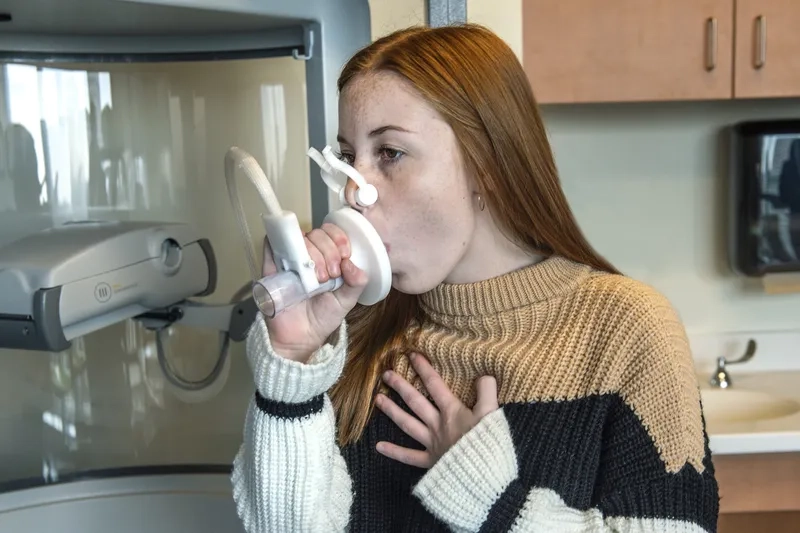





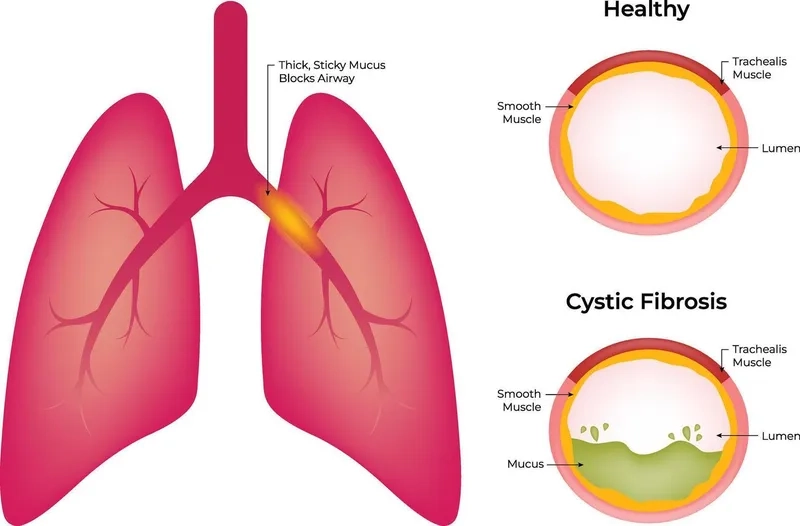

>>> See more: Chronic bronchitis - The difference between acute and chronic
Early diagnosis and a comprehensive treatment plan are vital for managing cystic fibrosis. If you have concerns about symptoms, speak with a healthcare provider about genetic screening and testing options to ensure the best possible care.
>>> Read to understand more: Pulmonary fibrosis - Navigating diagnosis and new treatments


